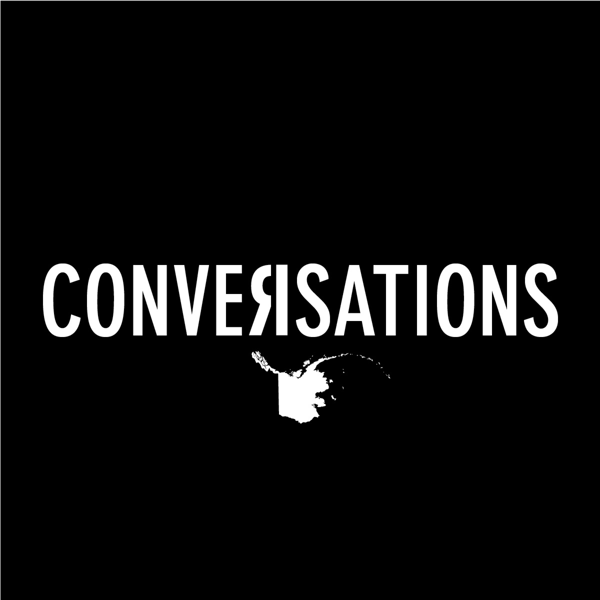EP 162 History, power and the Bering Strait with Bathsheba Demuth
Crude Conversations
crudemag
5 • 884 Ratings
🗓️ 28 March 2025
⏱️ 68 minutes
🧾️ Download transcript
Summary
Transcript
Click on a timestamp to play from that location
| 0:00.0 | Welcome to the show. |
| 0:14.1 | In this one, I talked to author and historian Bathsheba Dumuth. |
| 0:20.5 | She grew up in Iowa, a place she describes as having an |
| 0:24.7 | extremely cultivated landscape, shaped and managed by people at nearly every turn. Her first exposure |
| 0:33.7 | to the north came through the writings of Jack London, books her parents read to her aloud. |
| 0:41.4 | As a kid, London's tales of adventure resonated with her. But as she got older, she began thinking |
| 0:48.9 | about his reflections on how economic and political systems can crush people. |
| 0:56.0 | At 18, she made the decision to head to the Arctic. |
| 1:00.9 | There, she spent time mushing dogs in the Yukon. |
| 1:05.5 | She says that experience was utterly transformative. |
| 1:10.3 | It shifted her idea of what it means to be a human being, |
| 1:14.5 | not as a lone agent of individual destiny, but as a life that is part of a broader ecology. |
| 1:23.6 | This podcast is made possible through the generous support of the Crude Magazine Patreon subscribers. |
| 1:31.1 | If you already subscribe to the Crude Magazine Patreon, thank you. |
| 1:35.8 | For those listeners who aren't, please consider subscribing at patreon.com slash crude magazine. |
| 1:45.3 | I want to thank everyone subscribed at the company man's here. |
| 1:49.8 | These are the people who have subscribed to the crude Patreon for $50 or more. |
| 1:55.5 | Trina Duber. |
| 1:57.5 | Sewer Brewing Company. |
| 1:59.4 | The Grind Coffee Shop and Juno. Derek Adolf, Jake Liska, Sharon Liska, and Alaska Surf Adventure. |
| 2:09.6 | Thank you to all the Patreon subscribers. Your money and your support make these conversations possible. |
| 2:18.4 | You can also support this podcast with a one-time payment at buy me a coffee.com |
... |
Please login to see the full transcript.
Disclaimer: The podcast and artwork embedded on this page are from crudemag, and are the property of its owner and not affiliated with or endorsed by Tapesearch.
Generated transcripts are the property of crudemag and are distributed freely under the Fair Use doctrine. Transcripts generated by Tapesearch are not guaranteed to be accurate.
Copyright © Tapesearch 2025.

